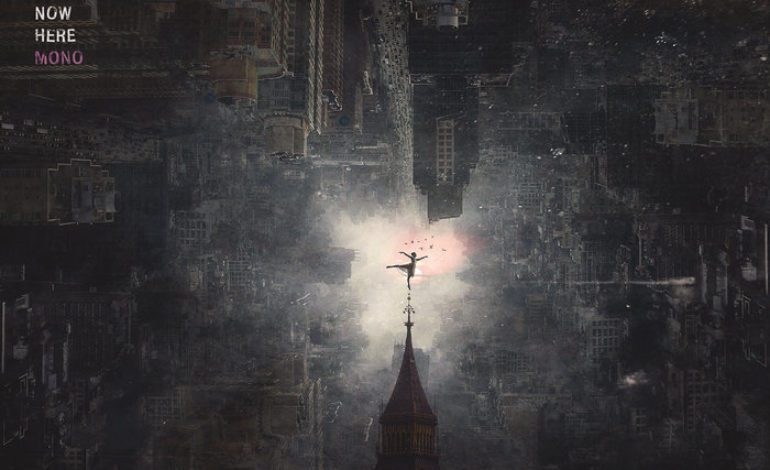

It’s a good place to be
A lot can be accomplished in 20 years. Not only is two decades worth of maturation, progression and enough time to allow for true play and experimentation, but it’s also ample time to become settled in and comfortable with what you’ve established creatively along the way. Japan’s Mono have done all of those things, now reaching a peak in their career with their tenth album Nowhere Now Here. Though Mono have tested out fresh divisions to their methods at different points in their career, they’ve reached a point with Nowhere Now Here where they don’t even need to worry about doing anything new. But, because they’re known for their innovative contributions to post-rock, of course, there are a couple surprises on the new record to shake things up for devoted fans. They may not be enough to make this an earth-shattering album, but it doesn’t necessarily need to be.
The first wrench in their typical MO comes from an unexpected change in the lineup. Founding drummer Yasunori Takada departed from the group back in 2017, leaving new drummer Dahm Majuri Cipolla to handle all of the epic build-ups classic to Mono’s sound. He’s handled them well, starting with “After You Comes the Flood.” Cipolla’s pummels shine as the heftier climax to the introductory “God Bless,” laying a base for the duality between harshness and softness and light and dark the band is known for. A light and soft bit come from the shocker “Breathe,” where the group’s multi-instrumentalist Tamaki Kunishi also takes on some vocal embellishments. Along with mild synth tones, Kunishi’s delicate vocals provide some airiness to it all, before going into their usual qualities.
But even their typical sound leaves a little to be desired. It’s not that the rest of the songs are bad—quite the opposite, actually—but they develop in too predictable of a manner. Each starts off pretty melodically, escalating as the song goes forth. The escalation of “Sorrow” is one of the heaviest on the album, but the album’s title track and “Meet Us Where the Night Ends” go on for a little longer than they need to. Despite the slight drone turn the album takes, it’s still a solid release from a band that clearly know what they’re doing. Vocals and Cipolla are welcomed additions to Mono’s style, and it’ll be interesting to see how they’ll work these into future albums.
